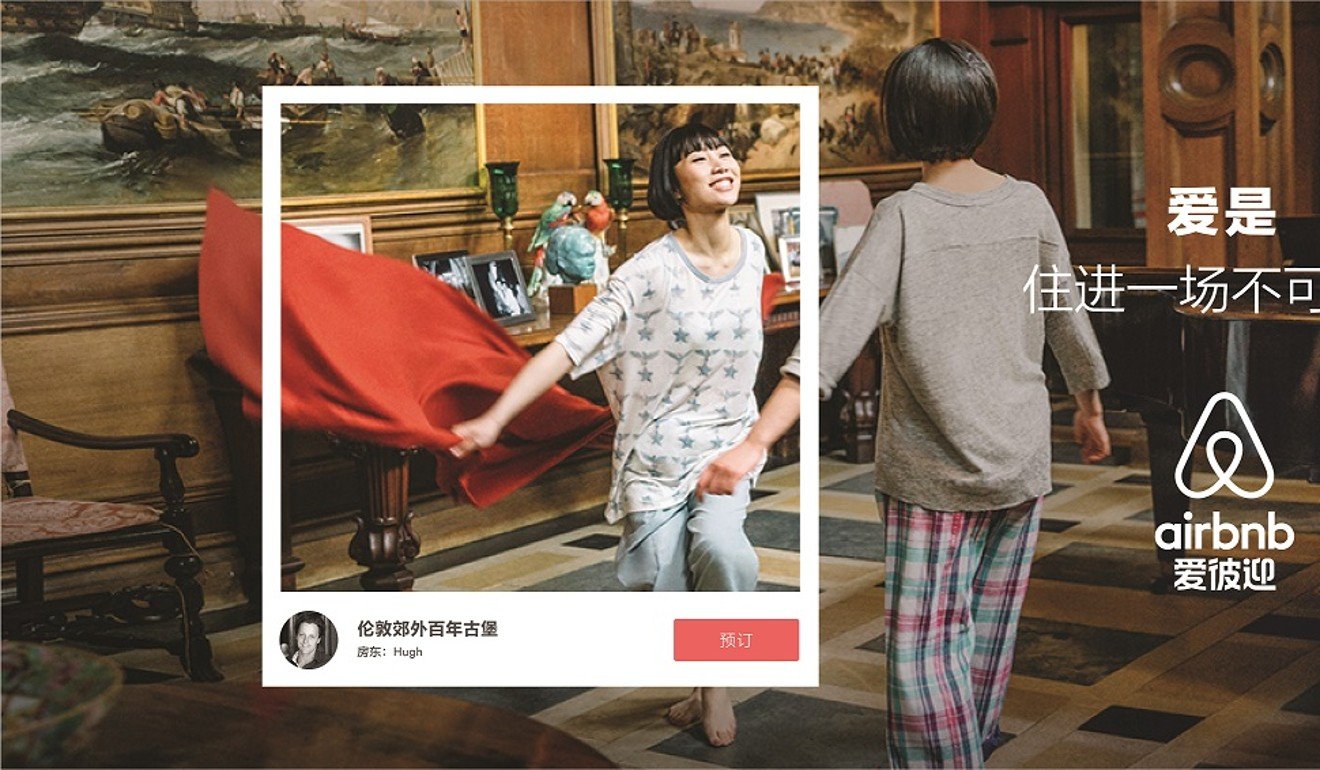
The changing face of Airbnb’s millennial China influencers – from fashionistas to bloggers, DJs and videographers
Having partnered with big names in Chinese independent fashion, the US home share company has now enlisted a wider range of KOLs – bloggers, artists, DJs – to appeal to young travellers, its key market in China
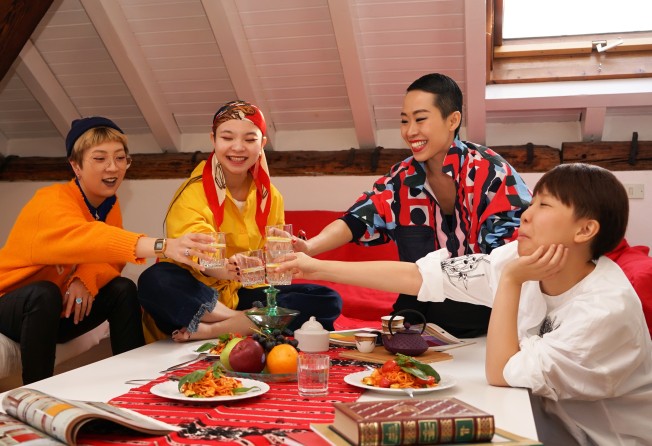
Whether it is to check out the Northern Lights for Chinese New Year or go on a road trip through the American Midwest, Chinese millennials are known for their taste for adventure.
Another type of adventure tourism is on the rise, though, among China’s affluent twenty- and thirty-somethings, the type that has a traveller forging a deep connection with a stranger – such as visiting a private art gallery in Paris or learning how to forage for truffles in Tuscany.
Such travel is at the core of shared-accommodation platform Airbnb’s global strategy, and nowhere more so than in China, where millennials make up more than half the travel market, according to global travel market research company Phocuswright.
In fact, Airbnb says, this group accounts for more than 80 per cent of its China market, a higher proportion than in other countries, and their spending power has risen as Airbnb has grown in China.
“It’s great timing,” Airbnb China’s head of marketing Mia Chen says: “Chinese millennials are young, bold, and passionate about learning something new. We are entering an era where the young generation is very open-minded and they want to see more and experience more. They want to be part of the world.”

At the same time, there are aspects of their behaviour that sets them apart. They generally have higher disposable incomes than people their age in other countries, and an insatiable interest in luxury goods.
Shanghai-based fashion buyer and stylist Tera Feng is one such person. Her WeChat feed gives her followers a taste of the whirlwind lifestyle of a woman constantly making appearances at major fashion weeks and sporting the latest trends, from Adidas to Bulgari. Late last year, a Paris Fashion Week visit created an opportune moment for using Airbnb and Feng joined her friend, Chinese designer Angel Chen, in an apartment in the French capital.
The host became my friend. I love her taste ... I now stay at one of her properties every time I visit Paris.
Back in 2015, in an attempt to attract a more niche local market, Airbnb partnered with big names in the independent fashion scene, such as Chinese multi-brand store Dong Liang, and asked designers such as Angel Chen and Momo Wang to record their travels abroad and present them in their boutique.
“Airbnb was looking for the kind of people who are fashionable and independent, and like local life, so we were soul mates,” Feng said. “We just took pictures in the apartment, where we were cooking, sharing, and living.”
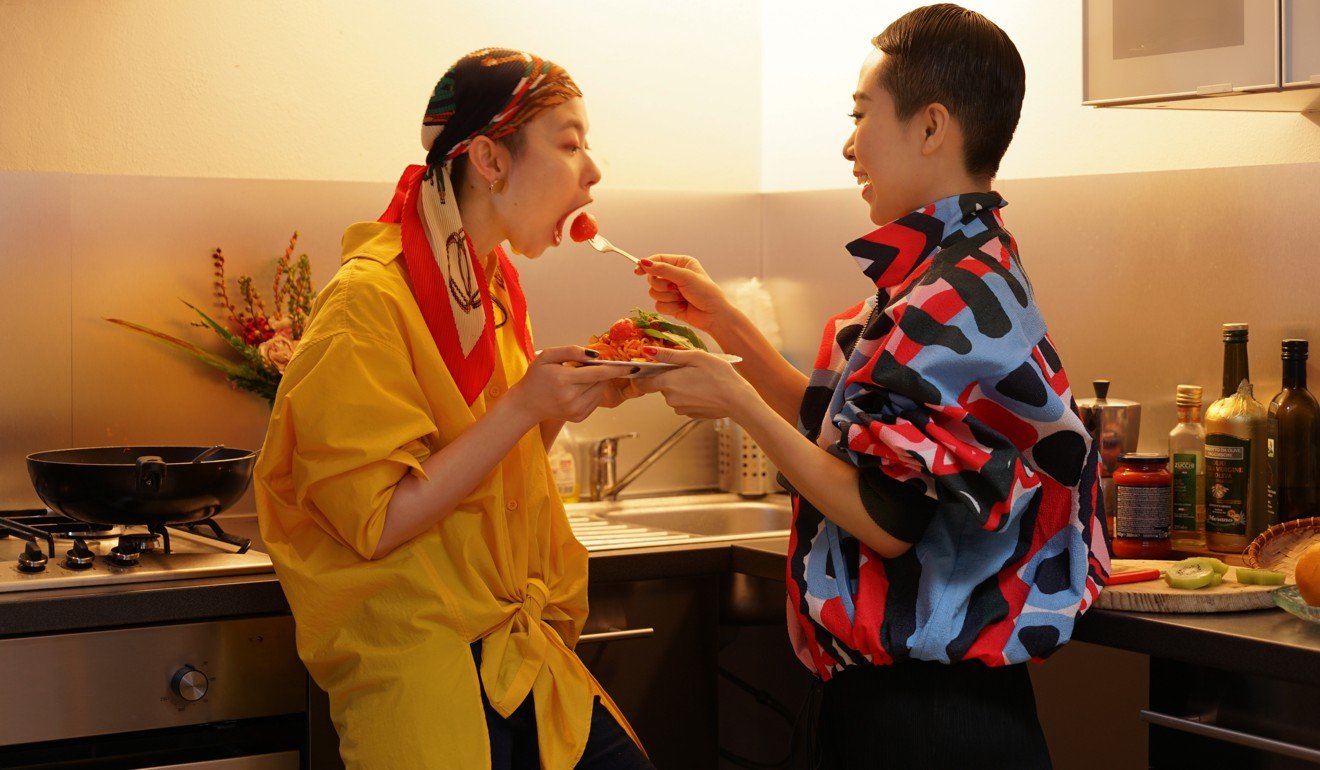
More recently, Airbnb’s stable of KOLs (key opinion leaders) has become more inclusive. It has sought out the skills of videographers, photographers, stylists, food bloggers, and DJs – influencers such as Becky Li. She took a break from writing about fashion on her popular blog Becky’s Fantasy to post about saving up for travel using the Alibaba x Airbnb “Travel Deposit” scheme.
Some of these influencers have featured in Airbnb advertising campaigns. Recent collaborations include a Chinese New Year ad featuring lifestyle blogger “Thefair2”, and an illustration by a popular Chinese cartoonist on social media platform WeChat.
“We’re trying to portray millennials from China as who they really are, instead of using a global campaign and adapting it to the China market,” Mia Chen says.
This means identifying the industry movers and shakers who can foster their own communities at home. Airbnb co-founder and China chairman Nathan Blecharczyk said recently that China was its fastest growing domestic market – one of the reasons Airbnb launched a product called Experiences in Shanghai.
Reflecting the more refined and global tastes of China’s millennials, its offerings go well beyond the typical touristy dumpling-making courses and tours of the city’s art deco architecture, and feature more lifestyle-driven “experiences” delivered by experts in their respective fields. These include flower-arranging workshops, coffee tastings, and even a concert and cocktails evening.
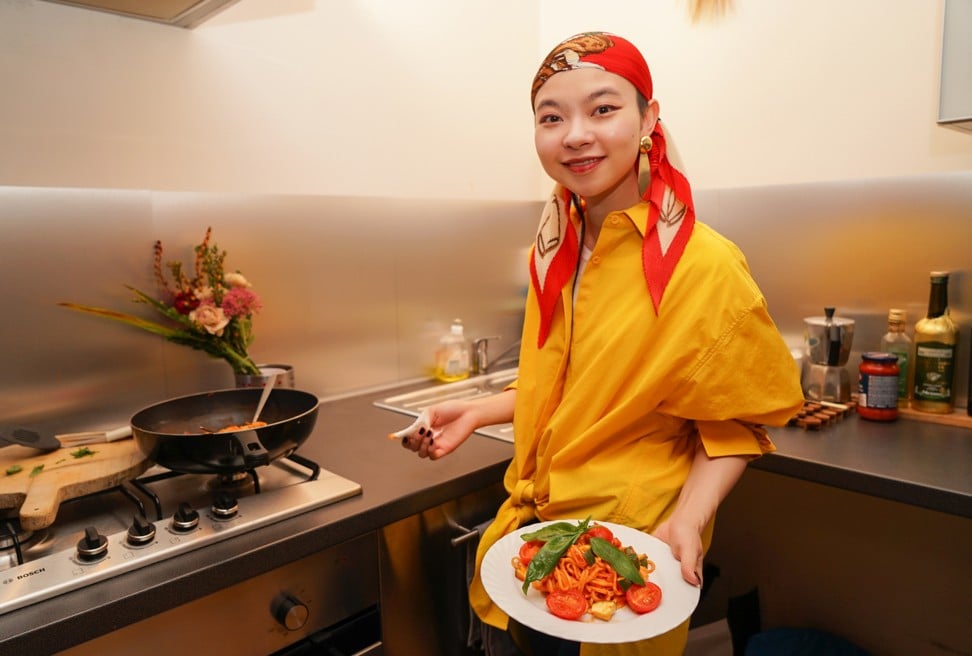
“In China, a great way to kill time is to have a good meal in a restaurant, but other than that there aren’t too many options for connection to the city,” Fan Yang, a Beijing-based founder of space-sharing platform Elsewhere, says.
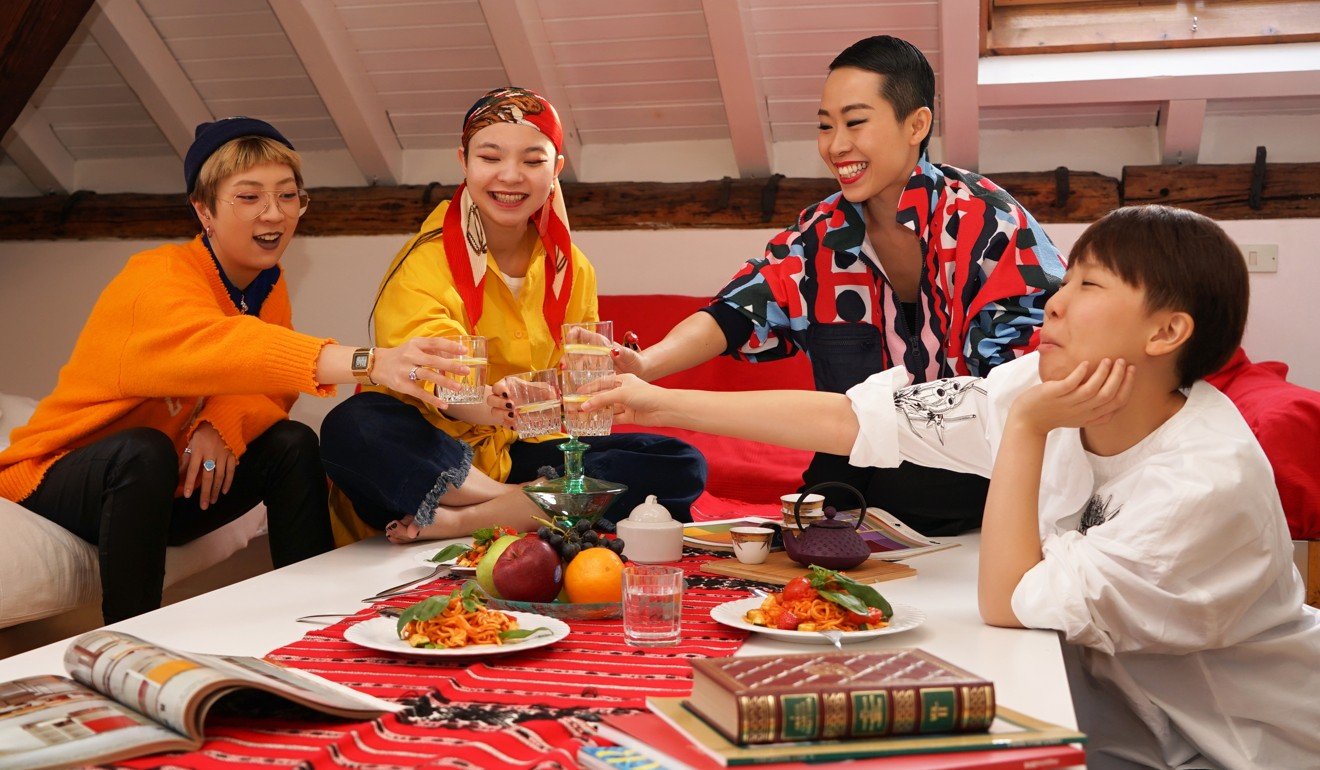
This is what makes a story like Feng’s an encouraging one for the home share company.
“The host became my friend,” she says of her recent visit to France. “I love her taste.
“Her house is full of art, and she brings me to visit her gallery and to some parties as well. I now stay at one of her properties every time I visit Paris. She is an amazing person!”